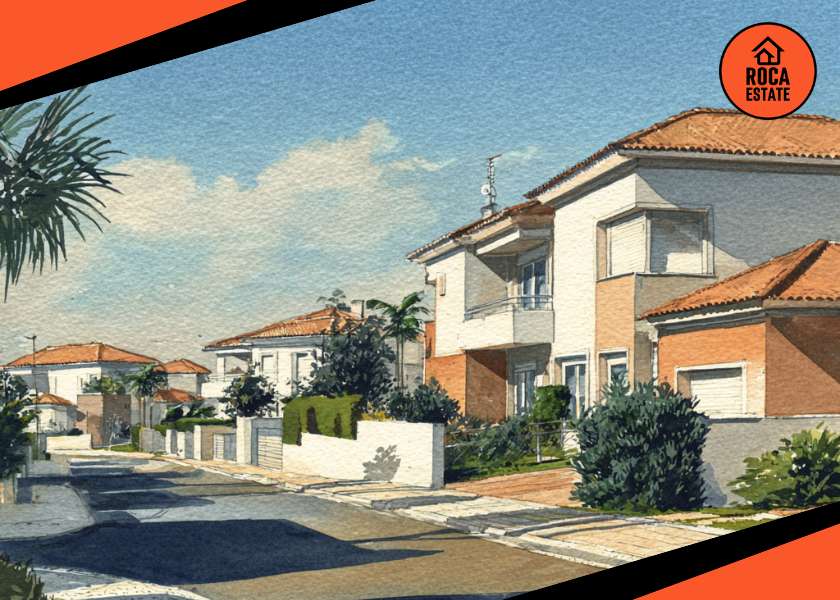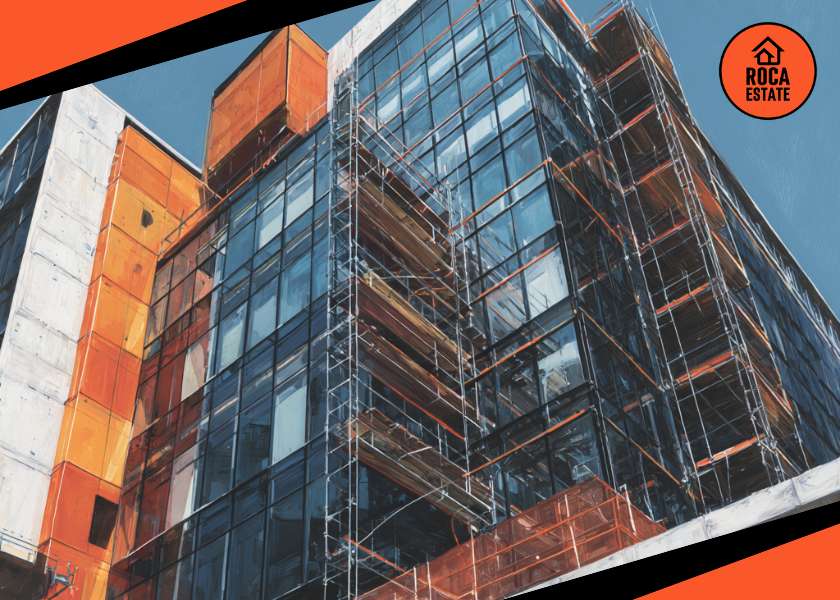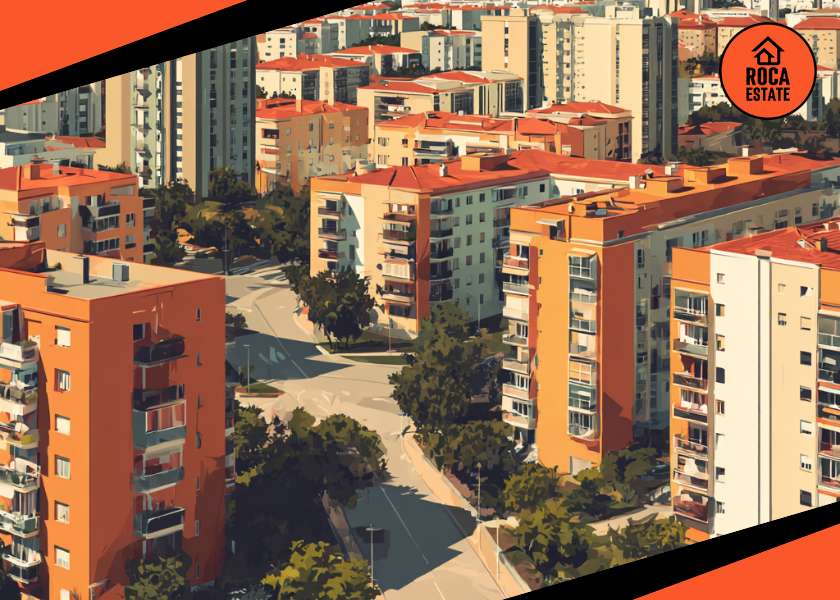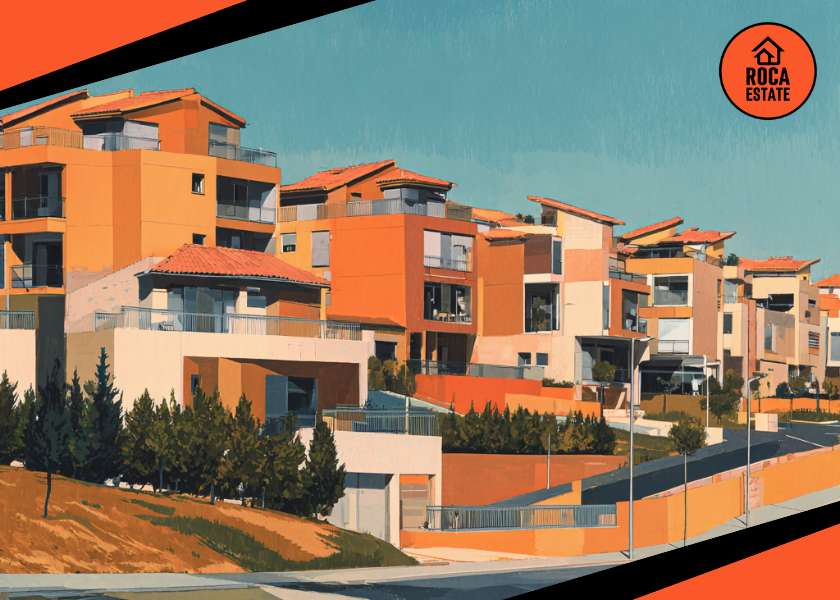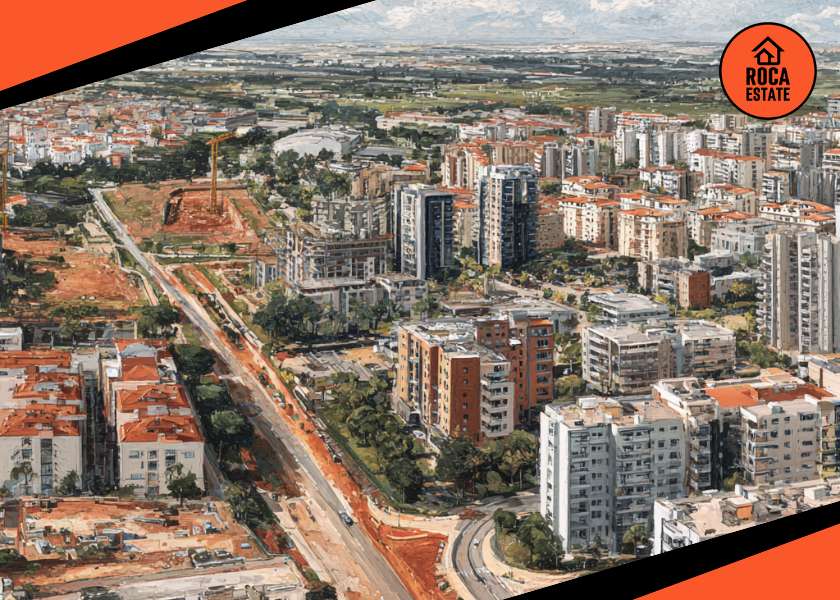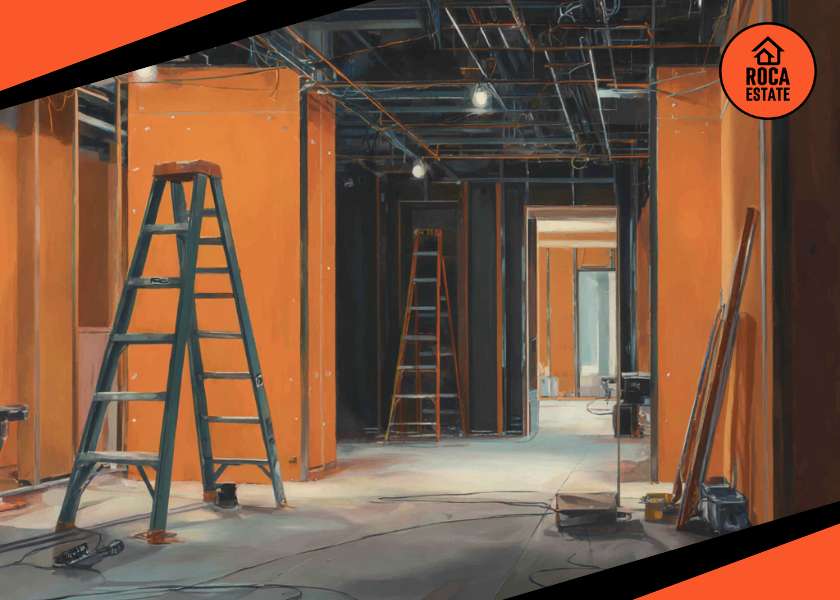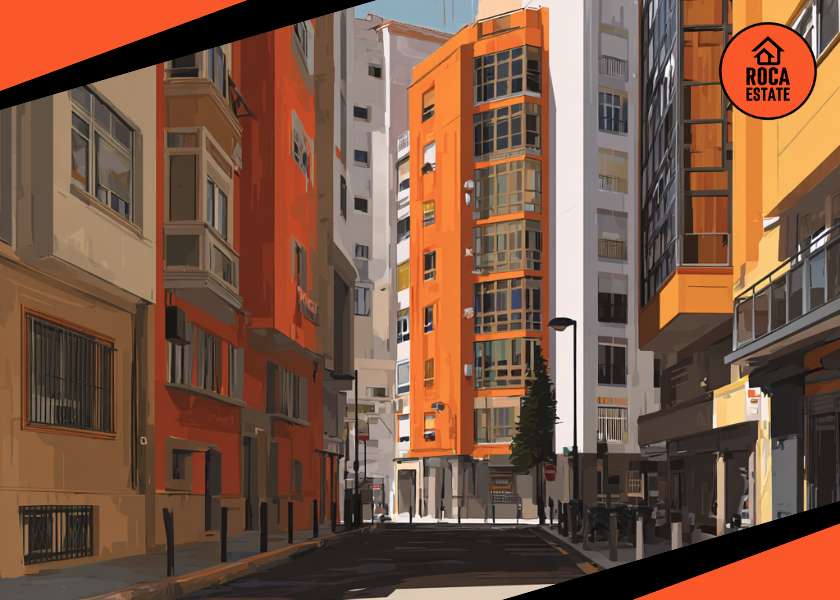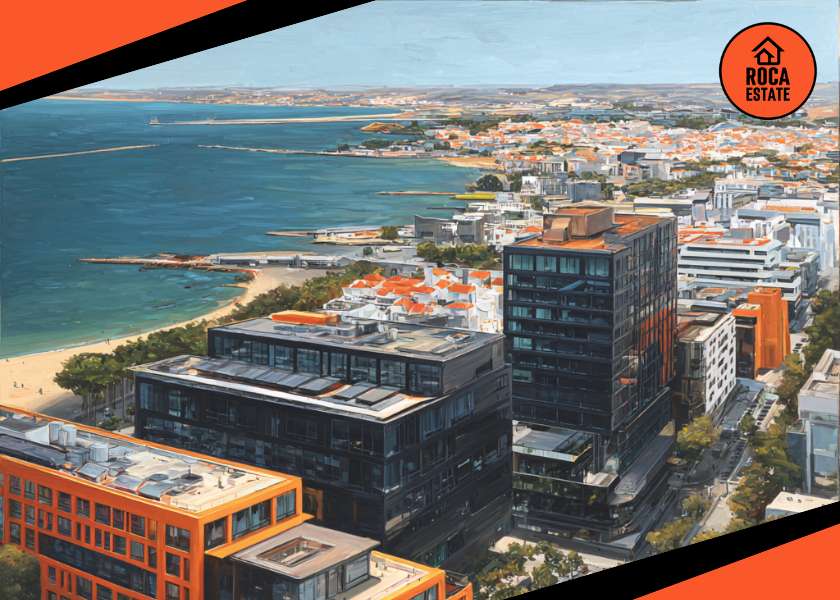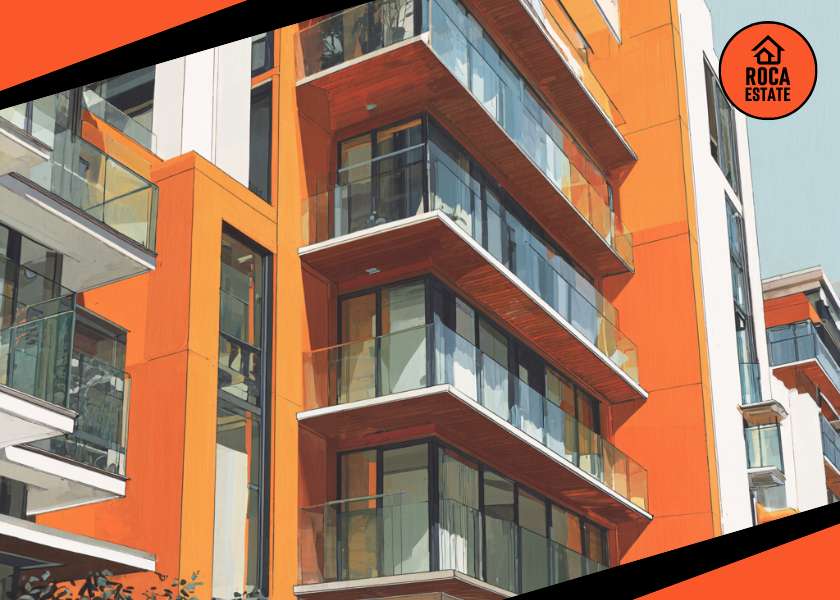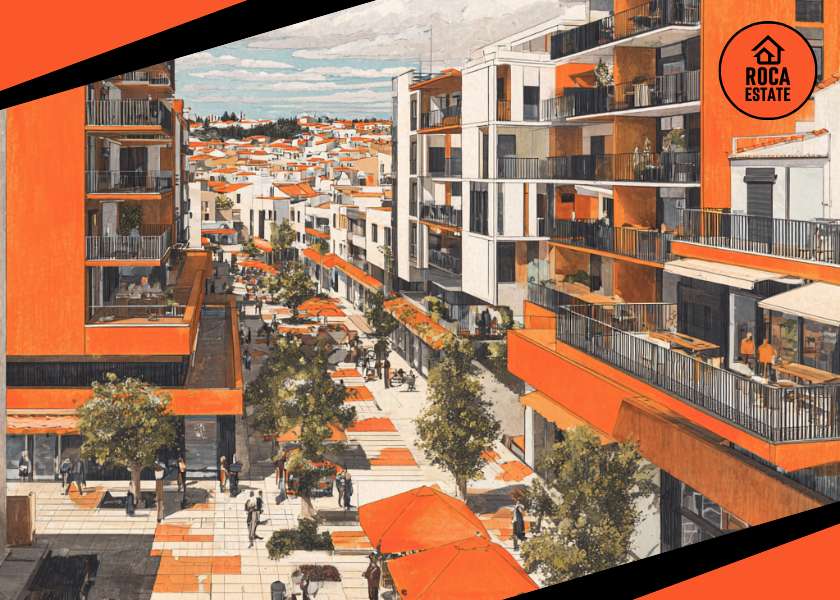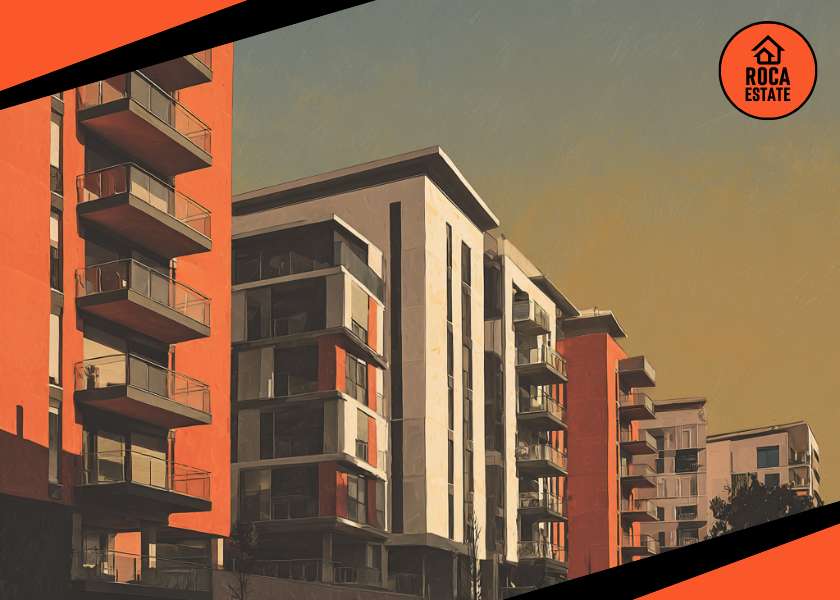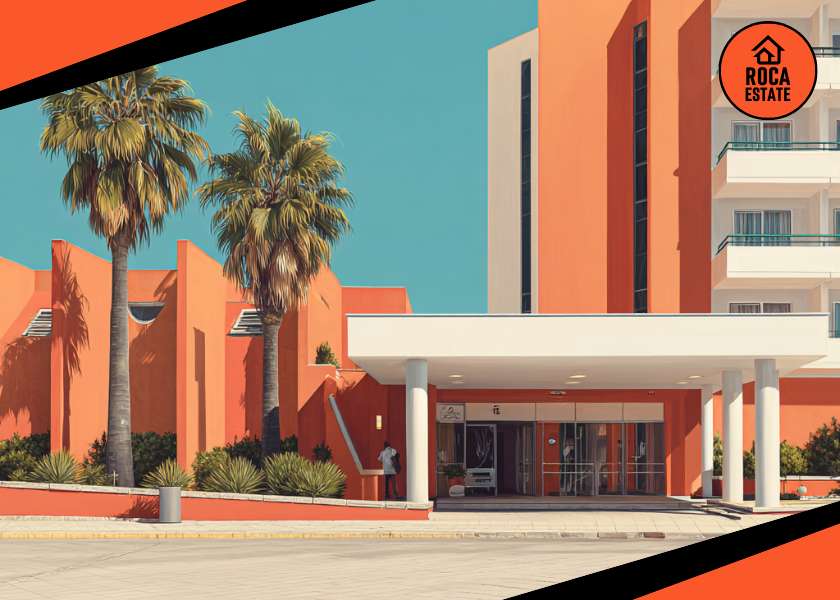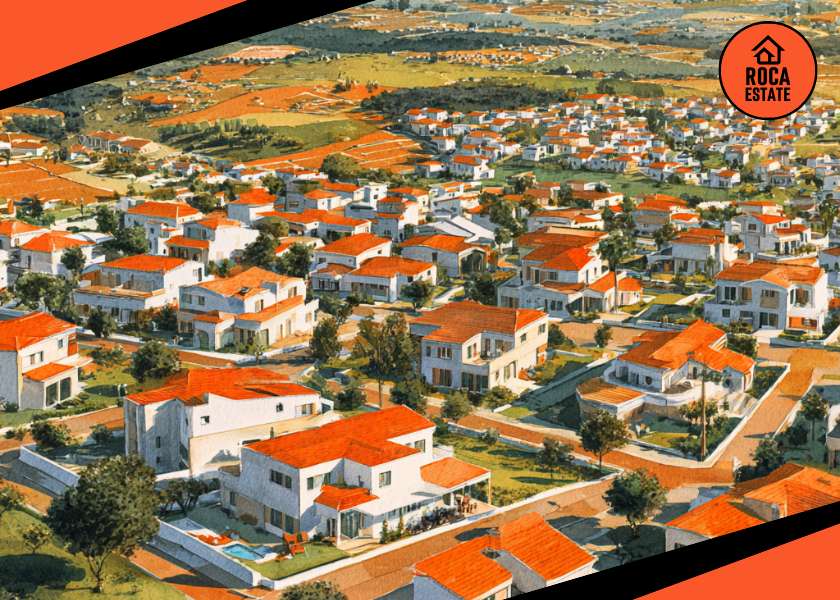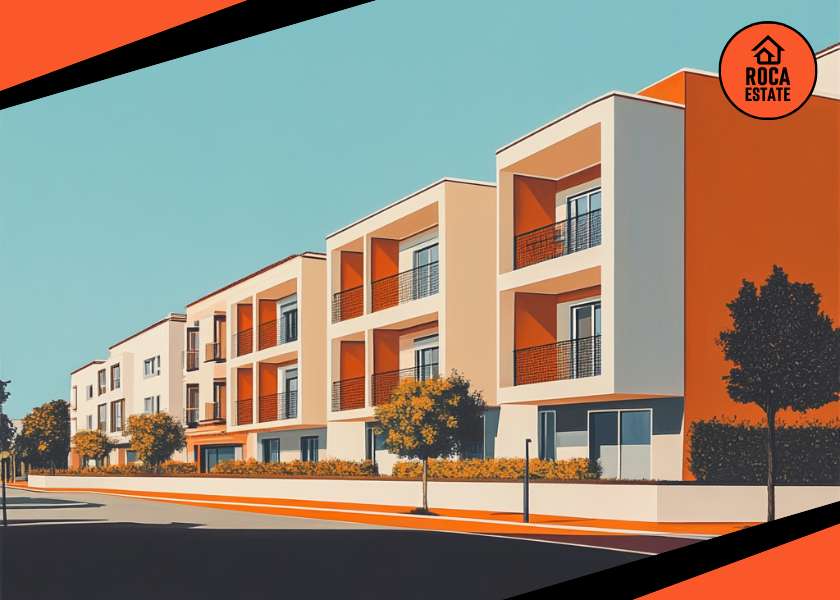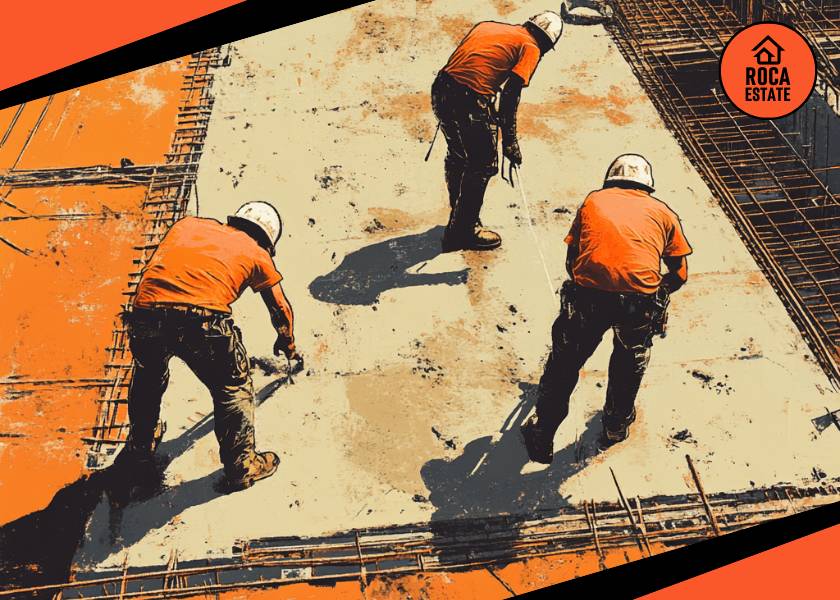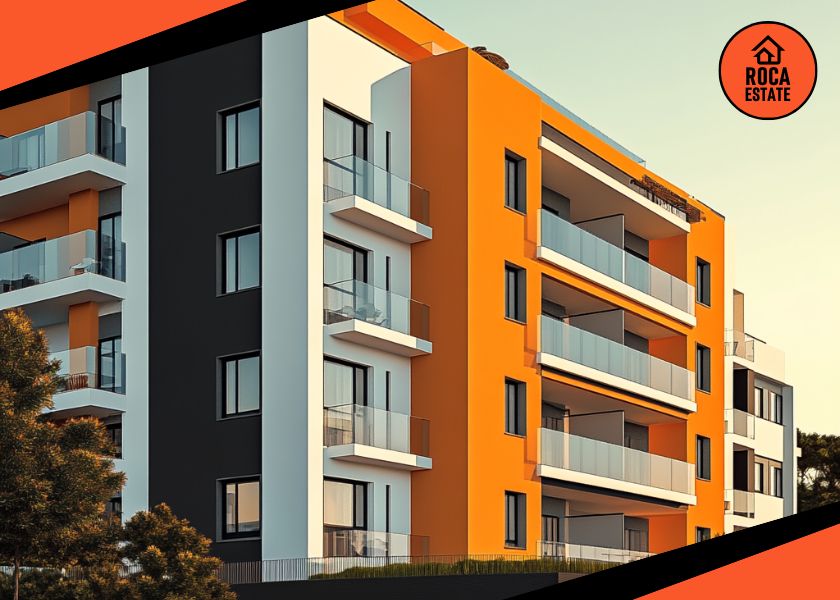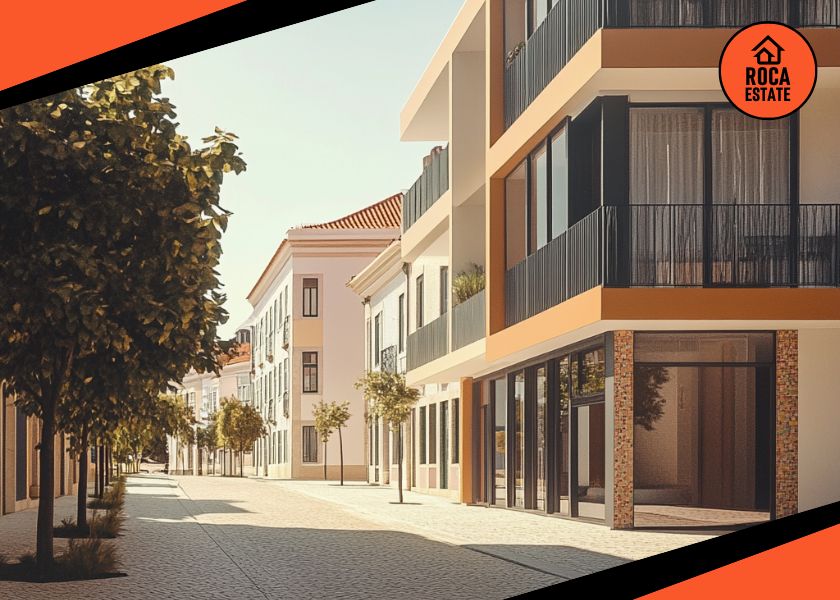The latest report on implicit interest rates for housing loans in Portugal offers key insights into the evolving dynamics of the real estate financing landscape. For November 2024, the implicit interest rate across all housing loan agreements saw a decrease from 4.277% in October to 4.186%. For recently closed contracts (within the last three months), the rate experienced a more modest decline, dropping from 3.533% to 3.423%. These trends reflect a positive adjustment in borrowing costs, with significant implications for both homeowners and investors.
Key Takeaways from the November Report
- Decline in Interest Rates:
- The reduction in the implicit interest rate signifies easing financial pressure on borrowers, encouraging new property investments. Lower rates also provide an opportunity for existing borrowers to potentially refinance their loans under more favorable terms.
- Increase in Average Owed Capital:
- The average capital owed per housing loan rose by €437, reaching €68,129. This figure indicates a growing confidence in the real estate market, with borrowers taking on slightly higher commitments in alignment with rising property values.
- Loan Repayments Trends:
- Monthly loan repayments averaged €403, marking a €1 decrease from October but remaining €7 higher than the same period in 2023. For recently signed contracts, repayments saw a slight reduction to €632, representing a 3.5% year-on-year decline. Notably, interest accounted for 58% of average repayments.
Market Implications for Real Estate Investors
The decrease in borrowing costs coincides with broader trends in the Portuguese real estate market, which continues to demonstrate resilience amid fluctuating economic conditions. As interest rates decline, property investments become more attractive due to reduced financing expenses and improved affordability for prospective homeowners.
For real estate investors considering the Portuguese market, these figures offer several strategic insights:
- Leverage the Financing Environment: With implicit interest rates trending downward, this period is favorable for acquiring leveraged assets. Lower borrowing costs can enhance cash flow and increase potential returns on investment.
- Focus on Urban Growth Areas: The rising average owed capital may point toward increased demand in prime urban locations, where property values are appreciating at a faster pace. Identifying such hotspots can yield substantial long-term gains.
- Monitor Affordability Dynamics: Although repayments are slightly higher year-on-year, the easing interest rates suggest sustained demand for properties. Investors should analyze repayment-to-income ratios to gauge the market’s potential saturation points.
A Cautious Yet Optimistic Outlook
While the data highlights an encouraging environment for real estate investment, potential investors should also consider macroeconomic variables such as inflation trends, employment rates, and global financial shifts. Conducting detailed due diligence on local markets and aligning investments with long-term objectives will remain critical for success.
This monthly review reaffirms the Portuguese real estate market’s robustness and highlights opportunities for strategic investment amidst changing financial landscapes. By staying informed on such trends, real estate investors can position themselves advantageously in this dynamic market.
Implicit Interest Rates in Housing Loans
As mortgage rates ease, the window to buy real estate in Portugal becomes more attractive. Learn how our high-return value-add strategy leverages these market shifts to deliver above-average yields through carefully selected investment real estate in Portugal.



